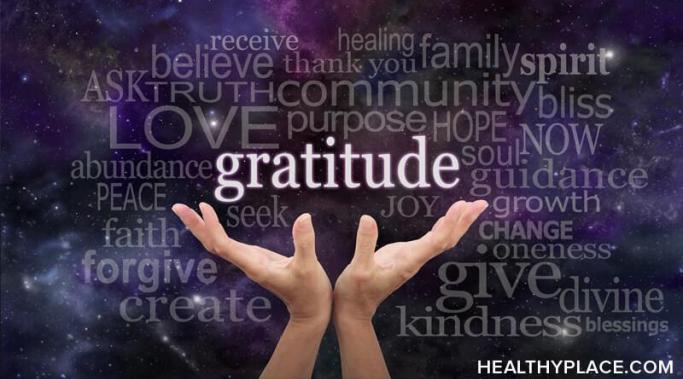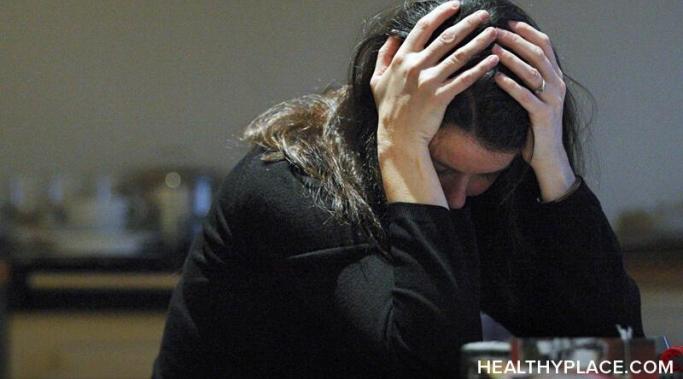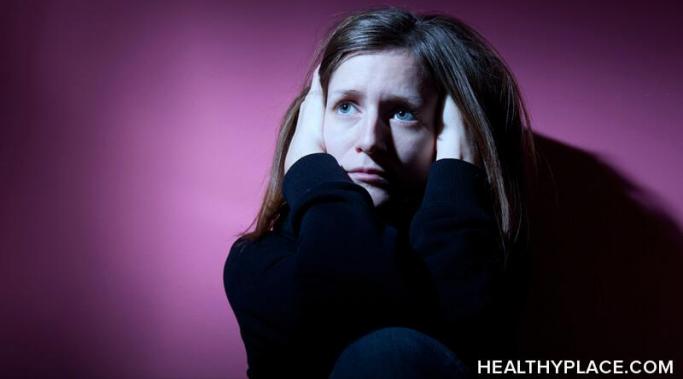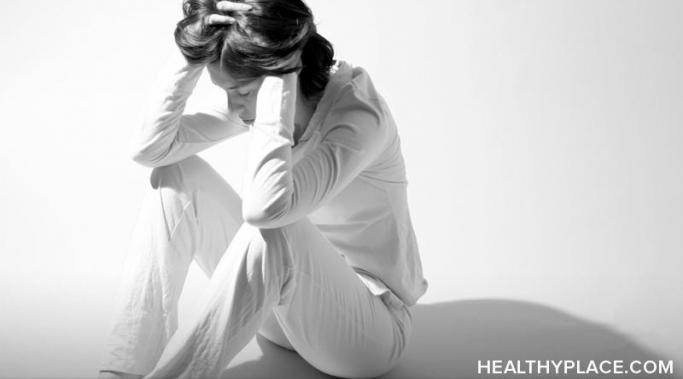Ever since I was diagnosed with social anxiety disorder, I have always perceived my anxiety as a bully and as my worst enemy. I hated that I struggled with anxiety and wanted nothing more than to get rid of it. Why wouldn't I? After all, my anxiety had stolen many opportunities and experiences I could have had if it hadn't made my day-to-day social interactions so tough. However, all of this changed when I learned to acknowledge the ways in which my anxiety has helped me and started expressing gratitude towards my anxiety.
Anxiety Management – Treating Anxiety
If you often deal with anxiety, sometimes it might seem as though it is difficult to be happy and anxious. While anxiety is not the same as depression, I think that dealing with it can sometimes lead to depression because, when you're anxious, you may find that you experience negative emotions that lead to a general feeling of sadness. You might also find that you focus more on those negative feelings than other ones.
Job interview anxiety is a real thing, more for some of us than for others. Receiving the email, "Congratulations! We have moved your application to the next round and would like to schedule an interview with you," fills me with anxiety instead of happiness.
Something I've learned about my anxiety is that sometimes, instead of being consumed by worries about the future, it is possible to be overwhelmed by the past to the point that my memories trigger anxiety symptoms.
Has your anxiety ever made you say "no" to an opportunity that you wanted to say "yes" to? You are not alone if you have ever done that. More often than not, my anxiety holds me back from saying "yes" to opportunities that I'm interested in. While I feel a sense of relief when I say "no," I start experiencing feelings of regret soon.
As someone who has experienced anxiety for a long time, I’ve become aware of specific situations that trigger feeling anxious. One situation that can trigger my anxiety is when I make a mistake, and then anxiety makes me focus on that mistake. The problem with this is that, as we know, mistakes happen often. There, this can sometimes be something that’s continuously troubling.
"Push yourself outside your comfort zone. That's where growth happens" -- I have to disagree.
Being anxious does not automatically mean you are an introvert, just like being an introvert does not automatically mean that you are a chronically anxious person. But in my experience, this has gone hand in hand, and sometimes it feels like it is hard to separate the two.
One of the hardest things that I have found about dealing with anxiety is the second-guessing that happens when making decisions. It becomes so hard to make decisions because I find myself wondering if it's the right choice or the wrong choice. Then, when I make a decision, I second-guess it and question whether I should have made a different choice. The problem with that is, even if I had made a different choice, I would still question that one anyway. As a result, my thoughts will spin out of control, and my anxiety will overtake my logical thought process.
When I am anxious, one of the main symptoms I experience is a loss of sleep. And this is due to a couple of reasons -- first of all, my heart rate increases when I'm anxious, especially if I've had a panic attack. When this happens, it is hard to fall asleep and stay asleep. The other reason is that I will find myself thinking about whatever I'm worried or stressed about, and those racing thoughts make it difficult to sleep as my mind works overtime. Even if I fall asleep, I will wake up in the middle of the night and have a hard time going back to sleep, and so I might find myself fully awake before dawn.









